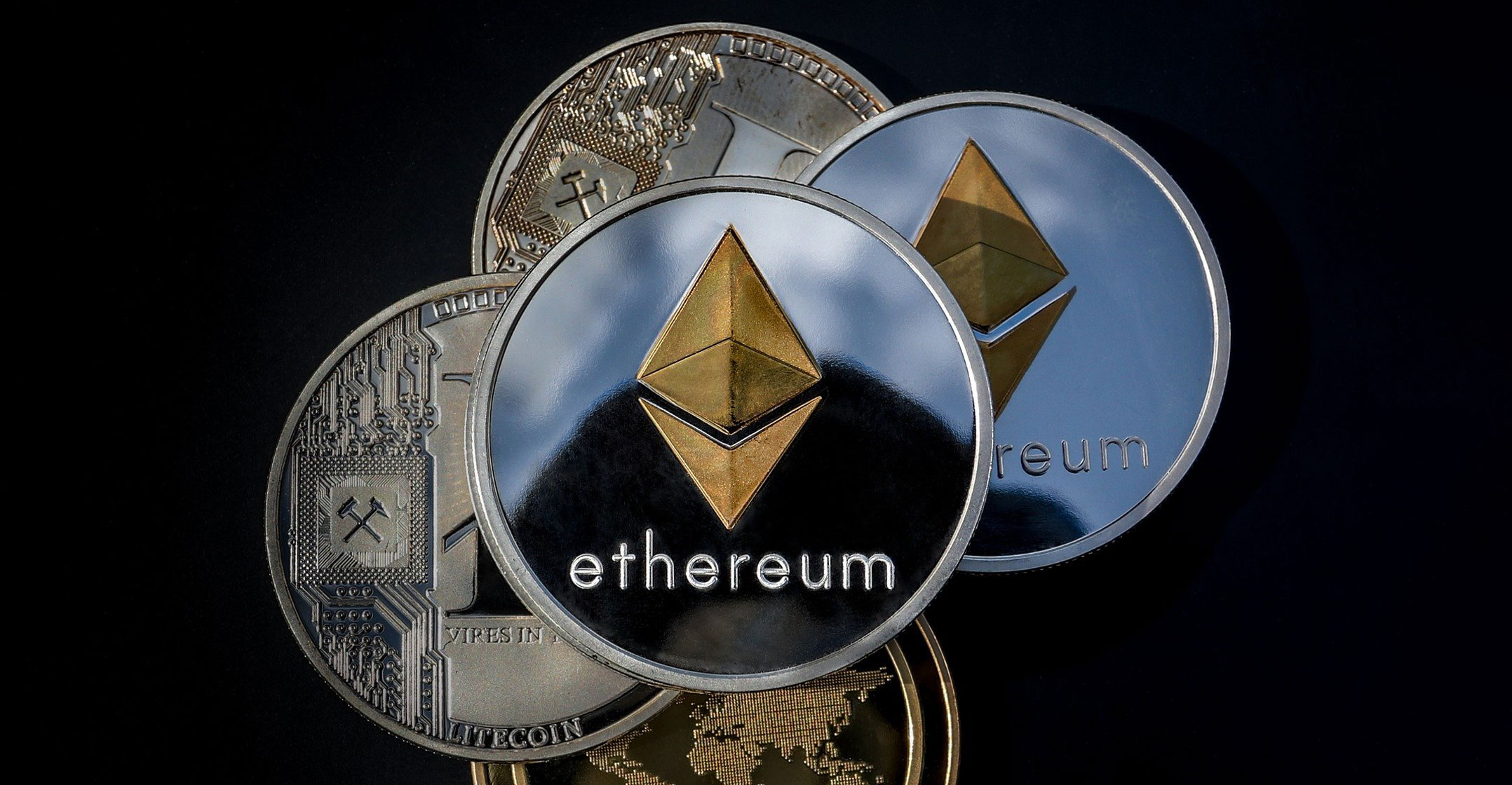 Cryptocurrency ether hit a record high on Wednesday, taking gains this year to almost 500% on the back of a growing interest in decentralised finance applications and increasing institutional interest in cryptocurrencies.
Cryptocurrency ether hit a record high on Wednesday, taking gains this year to almost 500% on the back of a growing interest in decentralised finance applications and increasing institutional interest in cryptocurrencies.
Ether, the second biggest cryptocurrency by market capitalisation after bitcoin, climbed to US$4 372.35, eclipsing its previous record hit on Monday, and was last up 2%. Bitcoin was down a touch at $56 240.
Ether has jumped almost 500% against the dollar this year as the Ethereum blockchain becomes more widely used by peer-to-peer — or decentralised — cryptocurrency platforms that enable crypto-denominated lending outside of traditional banking institutions.
The surge has also seen ether — which in the crypto world is also widely referred to as ethereum — outperform bitcoin, which has almost doubled in price this year as larger investors warm to the emerging technology.
US bank JP Morgan on Wednesday said the pace of evolution in the ethereum market has “remained rapid” and that there was still room for growth.
Open interest in CME ethereum futures had increased to $540-million in three months, the bank’s analysts said in a note. A similar level of open interest in CME bitcoin futures took more than two years after listing in 2017, they added.
Rapid acceptance
“Effectively, once bitcoin futures became more accepted among institutional investors, they became more comfortable with cryptocurrencies paving the way for a more rapid acceptance of ethereum futures,” JP Morgan said.
Still, US regulators warned investors on Tuesday over the risks of bitcoin futures in mutual fund investments. In a statement, the Securities and Exchange Commission said bitcoin was a highly speculative market that lacked regulation.
The same JP Morgan analysts warned last week that ether’s increasing valuation was not underpinned by data showing how widely it is used. Factors such as the number of active digital addresses in its network would be more consistent with a price of around $1 000, the US bank said. — Reported by Ritvik Carvalho, with additional reporting by Marc Jones and Tom Wilson, (c) 2021 Reuters




